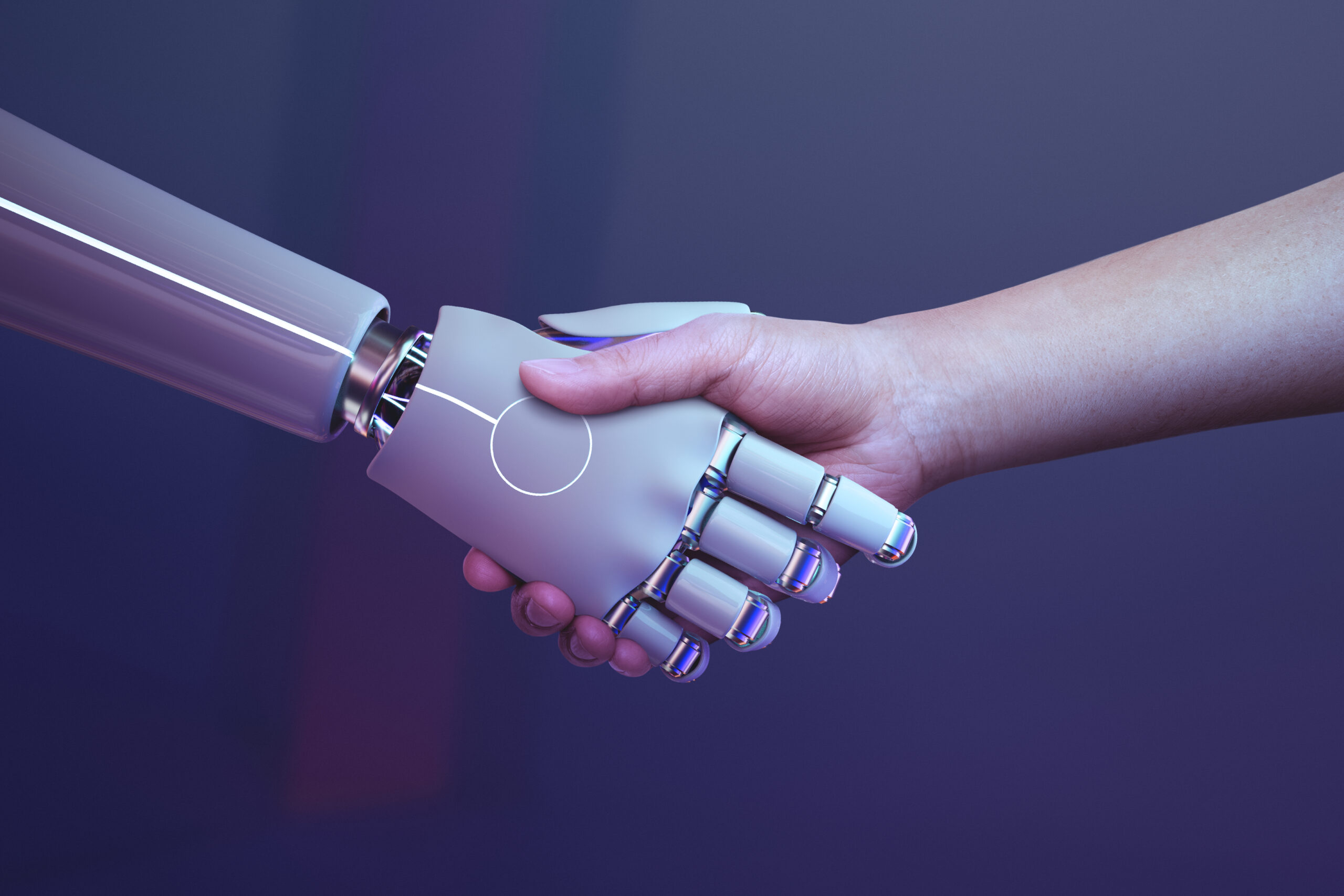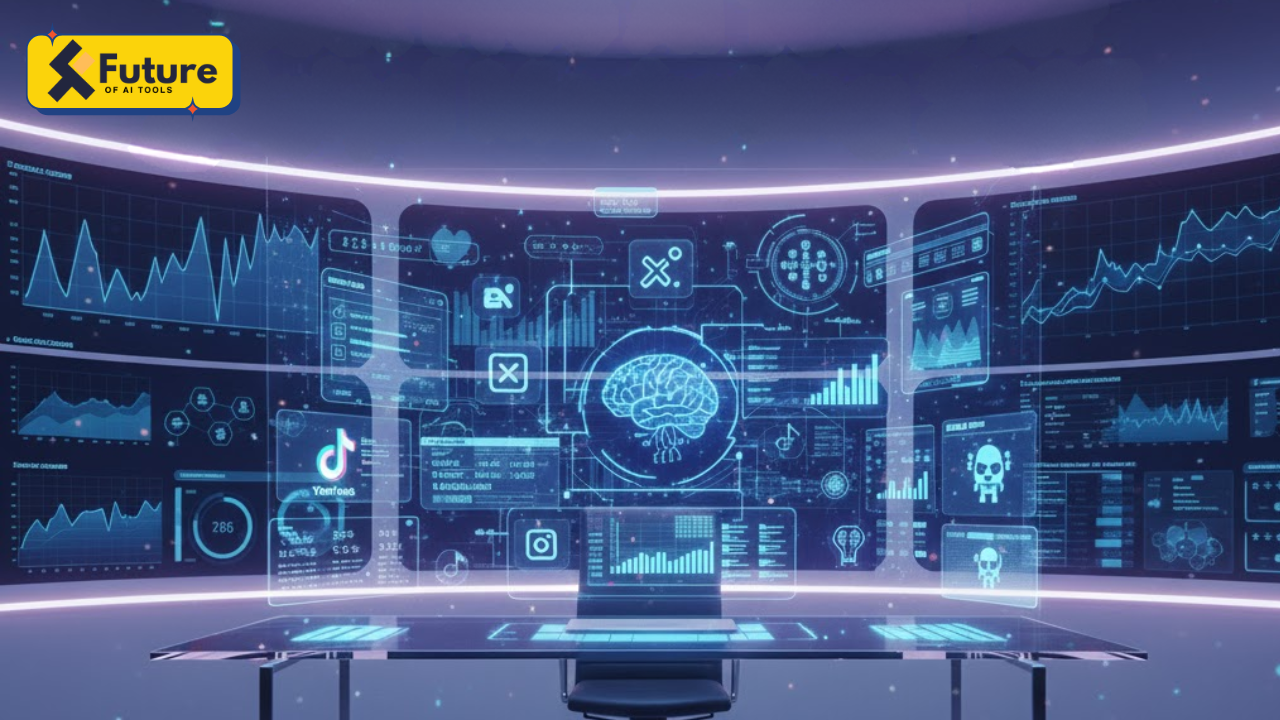Artificial Intelligence (AI) is becoming more powerful every year. From writing emails to analyzing medical data, AI is doing tasks that once needed human effort. But does that mean AI can do everything a human can?
Let’s explore the key differences by looking at what AI can do, and what it still can’t — in 10 simple and informative points.
What AI Can Do
AI is excellent at working with large data, repeated tasks, and fast decision-making. Here’s what it’s really good at:
1. Process Massive Amounts of Data Quickly
AI systems can analyze and process large datasets within seconds.
- It’s used in industries like finance, healthcare, and marketing.
- Example: AI can scan thousands of documents to find important information instantly.
2. Automate Repetitive Tasks
AI can easily handle routine tasks that humans find boring or time-consuming.
- Used for things like sorting emails, entering data, and generating reports.
- This helps businesses save time and reduce human errors.
3. Generate Text, Images, and Audio
Modern AI can write articles, create images, and even mimic human voices.
- Tools like ChatGPT, DALL·E, and ElevenLabs can generate realistic content.
- Helpful in marketing, design, writing, and video production.
4. Recognize Speech, Faces, and Objects
AI can understand voice commands and identify people or things in images and videos.
- Used in smartphones, surveillance, and smart home devices.
- Makes daily tech easier and faster to use.
5. Predict Outcomes Using Patterns
AI can learn from past data to make smart predictions.
- Example: Recommending products, forecasting weather, or detecting fraud.
- It helps businesses and services make better decisions.
What AI Can’t Do
Despite all its capabilities, AI still lacks human qualities like emotion, ethics, and deep understanding. Here’s what it cannot do:
6. Understand Emotions or Feel Them
AI can simulate emotion in voice or text, but it doesn’t actually feel anything.
- It can’t experience joy, sadness, anger, or empathy.
- That limits AI in roles where emotional intelligence is important.
7. Think Creatively or Imagine New Ideas
AI can remix or rephrase existing content but cannot truly innovate.
- It lacks the ability to imagine something that has never existed before.
- Human creativity involves personal experiences, emotions, and intuition — things AI doesn’t have.
8. Make Moral or Ethical Decisions
AI follows programmed instructions and rules, but cannot judge what is morally right or wrong.
- It doesn’t have a conscience or values.
- Humans are needed in sensitive fields like law, healthcare, and leadership.
9. Understand Deep Context or Culture
AI can misinterpret jokes, sarcasm, or cultural references.
- It lacks life experience and real-world understanding.
- Human communication often depends on subtle meaning that AI can miss.
10. Be Self-Aware or Conscious
AI performs tasks, but it has no awareness of its own actions.
- It doesn’t think about the future or reflect on its choices.
- Only humans can be conscious, responsible, and self-driven.




